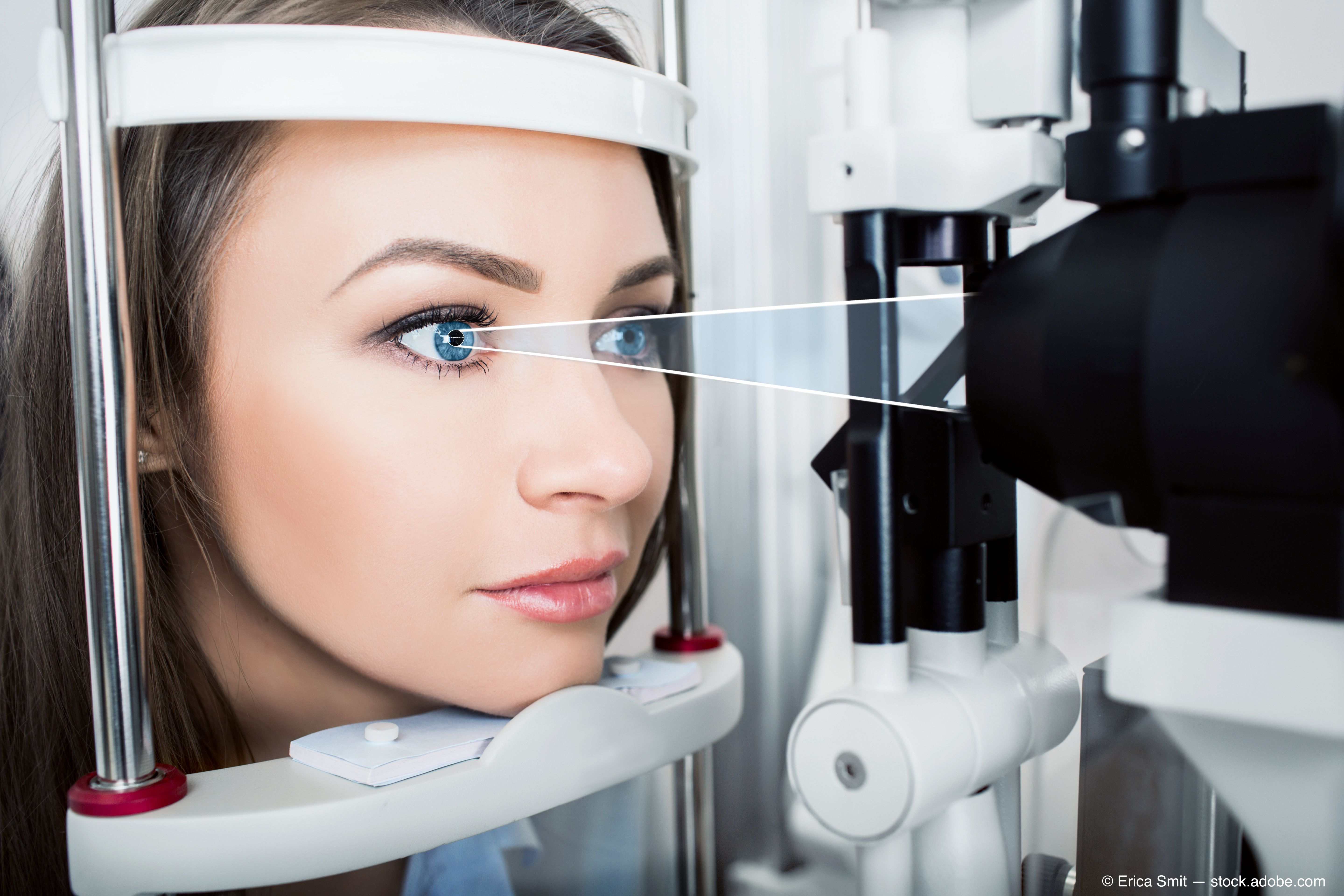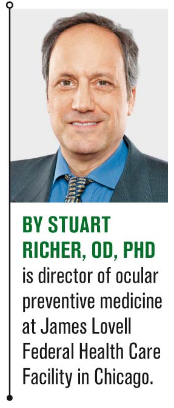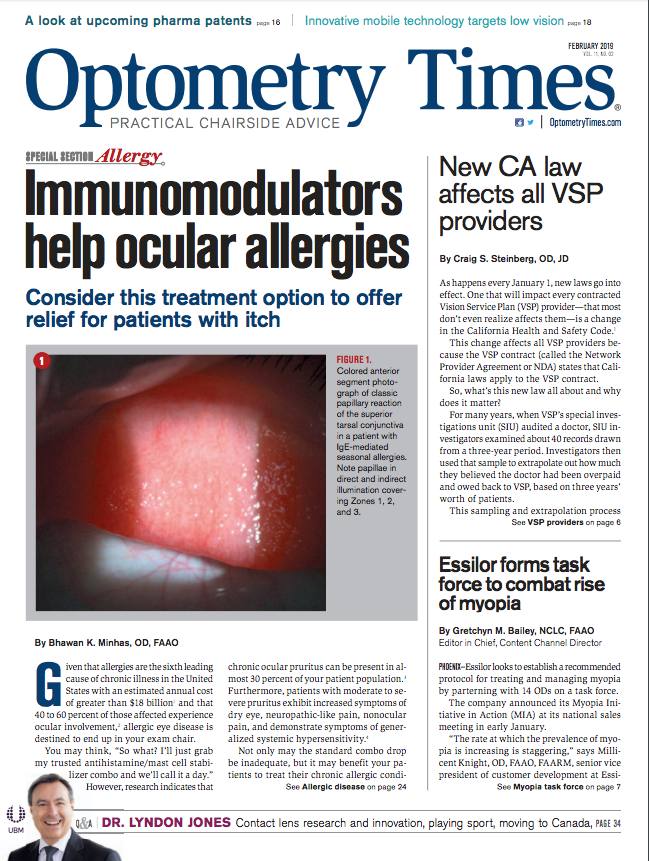Intersection of artificial intelligence with epigenetics


More efficient and comprehensive telemedicine instrumentation is increasingly combined with even more accurate artificial intelligence (AI). For example, GlobeChek provides consumer access at an airport or mall to a half dozen multifunctional ophthalmic instruments on a rotating turret. All are run by a computer administrator, not an optometrist.1
Another example includes a collaboration of Silicon Valley’s DeepMind and the new AI system at the Moorfields Eye Hospital in London that can spot 50 eye problems-including age-related macular degeneration (AMD) and diabetic eye disease-with 94 percent accuracy versus ophthalmologists.2
DeepMind also provides a diagnosis for the one in four cases when experts cannot reach a consensus.
Disease testing
A range of diseases including Alzheimer’s, AMD, and cardiovascular disease disrupt the health of the outermost retina.
ODs visualize the pathophysiological effects of these diseases every day using spectral domain optical coherence tomography (SD-OCT) angiography and swept-source OCT (SS-OCT).
Researchers, and some clinicians, increasingly employ these tools to reveal the impact of aging and environment-related stress on the degeneration of individual retinal tissue layers composed of neurons, epithelial cells, and blood vessels.3
Related: How artificial intelligence may transform optometry
In OD practices, some have witnessed the power of wide-field and layer-by-layer tomographic imaging technology converged with professional and consumer genetic testing.4
Those consumer genetic tests indicate the “potential” to develop a disease (such as AMD) by providing high-risk allele data on 10 different systemic disease maladies, including the two major genes involved in describing 80 percent of the potential genetic risk of developing AMD.5Epigenetics impact
The 20-year-old science of epigenetics is revolutionizing our understanding of the interaction of the environment with individual genetics.
For example, the expression of DNA can be modulated by methylation, histone protein wrapping/unwrapping, and microRNA(miRNA) networks. DNA is only potentiality.
The environment, presence of both life-promoting positive nutritional and lifestyle factors, and avoiding negative stressors (toxins, pollution)-not DNA-regulates a range of specific disease outcomes.
ODs can buttress the power of increasing technological observations and data acquisition skills to provide value to each patient using the results of saliva, urine, blood spot, and skin tests.
Some eight predictive biomarkers of health describe 92 percent of a patient’s epigenetic risk for multiple diseases, including ocular disease (see Table 1).6
Source: Russell M. Jaffe, MD, PhD, CCN via Health Studies Collegium
Placebo and nocebo effects
Positive expectations can cause the patient to have a positive effect (placebo effect), while negative expectations can cause the patient to have a negative outcome (nocebo effect).
We are beginning to understand how consciousness and intent can modulate integral cell membrane proteins and why bedside manner can spell the difference between a good physician and a great physician.7Reach for health, not disease
Instead of fighting multiple diseases in 12 different physiologic systems, ODs should consider providing the correct environment for repair, maintenance and healing.
This message was recently shared at the Ocular Wellness and Nutrition Society (OWNS) by Russell Jaffe, MD, PhD, CCN6,8,9 Dr. Jaffe is an expert in clinical pathology, chemical pathology, eastern medicine and nutrition.
One way to get up to speed on the new science of epigenetics and consciousness is by joining OWNS and reading its “Wellness Essentials” supplement.10
